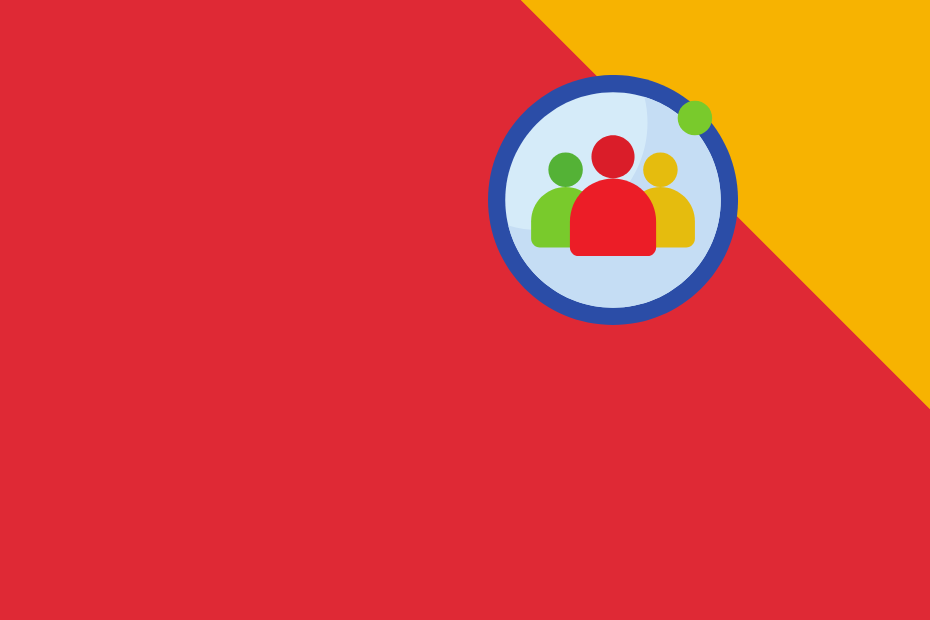All employers have a primary goal of keeping employees operating at their peak level of energy, efficiency and motivation. This can become a challenge when leading and managing a team mixed with introverts and extroverts.
Introverts and extroverts can take vastly different approaches when it interacting and communicating with others. Understanding the differences and preferences will provide valuable insight to the people around you.
Introverts generally recharge and draw their energy by being alone. Introverts prefer to concentrate on a single task at a given time and tend to work with more deliberateness and at a slower rate.
Common traits associated with introverts:
- Often prefer to work in solitude
- Acknowledge others, but won’t participate in social discussions
- Will wait until an assignment is refused by others before stepping up to accept it
- Can possess impressive powers of concentration and problem solving
- Can provide detailed and well-thought-out plans
- Are great observers and can act as a buffer or diplomat
An introvert generally prefers to start their workday by sorting and planning alone. When possible, allow introverts to schedule time alone or to use the “do not disturb” signal when necessary. An introvert may not be comfortable speaking up in a group setting. Ask directly for suggestions from this employee either before or after the meeting. Be straightforward with introverts and use objective, logical reasoning for decisions and feedback.
Introverts prefer measurable, tangible achievements and like to work independently with minimal supervision. Give them autonomy and the time/space to work alone. Allow them time to independently problem solve. When giving feedback, keep your pace slow to allow them time to reflect and develop their response. They respond well to concrete tasks and problems with clear accountability.
Extroverts generally recharge by being with people – this is how they get their energy. Extroverts will usually tackle assignments promptly. They are comfortable with risk-taking, good at multitasking, and can be quick to act. Extroverts gravitate toward groups and tend to think out loud.
Common traits associated with extroverts:
- Comfortable with risk-taking and multi-tasking
- Friendly and social with everyone
- Often volunteer for committees, etc.
- Instigate personal discussions
- Can come across as emotionally overpowering at times
- Can burn out quickly by overcommitting themselves
An extrovert generally prefers to work collaboratively and likes to start the workday by meeting with people right away. Extroverts tend to be more productive when they can bounce ideas off others during the workday. Schedule regular meetings to encourage extroverts to engage with other people as needed. Acknowledge their ideas in front of peers without allowing their enthusiasm to take over the meeting. Motivate them with challenges to develop new skills and opportunities for advancement. Be gentle with feedback and help them develop supportive relationships with coworkers. When you are giving feedback, leave lots of time for discussion and input.
To conclude, these are only a few of the common traits found in introverts and extroverts. All traits can be seen in both personality types. In fact, many introverts have learned to act like extroverts in certain situations and vice versa. Encourage introverts and extroverts to work together, as each has strengths that will greatly contribute to the overall success of your company.

